
I first heard about the dangers of blue light on our skin three years ago, from Dr. Howard Murad of Murad Skincare. As he explained on an episode of the beauty podcast Fat Mascara, blue light — a high-energy visible light that penetrates the skin deeper than other lights in the same spectrum thanks to its longer wavelength, according to Dr. Marie Hayag, NYC-based cosmetic dermatologist — can cause as much damage to your skin as the sun, and you should protect your face from it accordingly. Without proper protection, it can cause fine lines and wrinkles, and the more time you spend in front of it, the worse the damage will be.
Now, a pandemic and almost four months of quarantine later, just about everything in our lives has turned digital, and as I continue to stare into the screen of my laptop and iPhone for most of my waking hours, I can’t stop thinking about Murad’s point. That “damage” he talks about isn’t instantaneous, and even though some reports have shown that “eight hours of screen time can be equivalent to 20 minutes of sun exposure,” according to Dr. Kenneth Mark, a cosmetic dermatologist, your skin won’t visibly burn as it would when you’re in the sun unprotected. It’s also “not associated with skin cancer like UV rays are, but it can cause skin to age prematurely,” says Dr. Hadley King, an NYC-based dermatologist. But unlike the sun, the screens that are emitting the blue light are exceptionally close to your face, so high-frequency blue light — which can penetrate deeper into the skin than UV-A or UV-B light — will make a difference.
As a result of all this blue-light exposure, you’ll see more fine lines and wrinkles that are associated with premature skin aging. Dr. Mona Gohara, an NYC-based dermatologist, also says that blue light “increases melanin production in a process called melanogenesis,” which means that “the skin can become discolored.” That discoloration predominantly affects people of color, especially those who already struggle with hyperpigmentation,” says Dr. Ife J Rodney, founding director of Eternal Dermatology. Hayag notes blue light can worsen melasma, too. As if all of this isn’t enough, adding to my concern are all the PR pitches filling my inbox weekly, hawking serums, cleansers, lip gloss, moisturizers, sprays, and much more that are specifically designed to prevent blue-light damage.
Goodhabit, a brand launched in May 2020, built the company on the idea of blue-light protection, launching a serum, moisturizer, cleanser, and toner all with blue-light-blocking powers. Cult-favorite brand Barbara Sturm developed anti-pollution drops. Clean-beauty brand One Ocean created a blue-light-protection mist. Luxury clean-beauty brand Chantecaille produced a hyaluronic serum for repairing and protecting against blue light. Yet another clean beauty brand, Ilia, created a tinted oil. And Israeli brand Ahava created a lightweight cream with patented technology.
According to our dermatologists, though, the best way to prevent further skin damage from exposure to blue light from screens is pretty much the same as preventing skin damage in general: Just wear sunscreen. They all recommended a physical sunscreen with iron oxides — which are most often zinc oxide and titanium oxide — because, as Gohara explains, “they deflect rays from the skin so they cannot create damage,” and there’s a growing body of scientific research to back this up. Unfortunately, many of these sunscreens tend to be thick and leave a white cast, especially on people of color, which is why many people tend to lean toward chemical sunscreens, which don’t have the same blue-light benefits. But Gohara recommends Coola’s mineral sun silk moisturizer with SPF because it contains a high percentage of zinc oxide and it’s lightweight, so it doesn’t feel too heavy like other sunscreens. Plus it’s a moisturizer, making it easy to implement into any routine. Rodney also likes Isdin’s Eryfotona Actinica, a 100 percent mineral sunscreen we’ve written about before, because it offers “lightweight, nongreasy protection” great for everyday use. And Hayag notes that Isdin’s formula contains vitamin E “for an antioxidant effect,” which offers some repair capabilities, too.
If you’re particularly concerned about blue-light damage, Gohara also says that there is some science now — with potentially more to come — that shows specific “blue-light antioxidants that help fight off the free radicals” could be beneficial in protecting your skin. As Gohara explains it, blue light creates free radicals, which are “little chemical particles that wreak cosmetic havoc in the skin by binding to and weakening collagen and elastin,” so serums specifically designed for this damage may help. Sunscreen protects your skin from further damage, but it won’t repair in the same way these blue-light-protection products claim to do.
It’s also important to keep in mind that unlike sunscreen, blue-light protection isn’t closely regulated by the FDA. As more research comes out, our experts predict that the FDA will provide further guidelines, making the brands more careful with their blue-light-protection claims. Our dermatologists are not fully convinced that blue-light-specific protection will do more than a mineral sunscreen with a strong dose of iron oxide (aside from better repairing damaged skin), because, again, there’s just not much research yet. But if you don’t want to switch out your sunscreen, implementing a specific blue-light skin-care product into your routine may be worth trying out: That way, you can wear whatever sunscreen you want while gaining the protection our dermatologists say you need.
If you do want to dabble in blue-light-specific skin care:Our dermatologists refer to serums as “treatment products” because they can penetrate the skin deeper and work faster, which is often why they suggest serums for repairing damage. This one from Goodhabit contains a technology called BLU5, which has a marine active extracted from the coast of Greenland. It creates a protective film over your skin to prevent further damage, while hydrating the skin with hyaluronic acid and improving skin tone and reducing inflammation with blue spirulina and blue tansy flowers.
This mist is formulated with three active ingredients that were all tested through a clinical trial for efficacy, and together, the actives further protect against blue-light damage, while also repairing, hydrating, and strengthening the skin’s biome with a high-performance heptapeptide, an ingredient that reduces crêpey skin.
With ingredients like cocoa seed extract, hyaluronic acid, and strong antioxidants like purslane, this antioxidant-based serum will shield the skin from daily pollution and blue light to combat signs of digital aging.
Chantecaille formulated this serum with a fermented-algae extract, which activates the skin’s photosensors to repair against blue-light damage, and nasturtium flower extract, which revitalizes the skin damaged by overexposure to blue light. It also includes HAs, amino acids, and tamarind extract to hydrate and plump dull skin at the same time.
Although technically makeup, this product by Ilia is formulated as a serumlike foundation with hydrolyzed algin (a.k.a. seaweed) to protect the skin against further blue-light damage along with hyaluronic acid, squalane, and niacinamide to hydrate, even, and soften the skin.
This lightweight moisturizer contains a technology called EnergiNius, which is developed from Indian ginseng, which protects the skin from artificial light, and Dead Sea Osmoter concentrate, patented technology that enhances cellular hydration, cellular detox, and cellular energy.
“This physical sunscreen combines iron oxide, titanium dioxide, and zinc oxide,” says Rodney. It has a “hint of color” that adjusts to each skin tone through what’s called Advanced Mineral Protection and a coating system that allows it to blend into each skin type. And Rodney notes that from experience, “it blends easily on all skin tones.” Hayag also points out that the compact form “is convenient to apply on top of a moisturizer and can be reapplied easily throughout the day.”
If you’d like one with more foundationlike coverage, French beauty brand Avene makes one with a strong iron oxide formula too, but it has a stronger tint (and that same formula appears in the company’s regular mineral sunscreen as well.)
King calls this powder sunscreen we’ve written about before a “great solution for people who don’t want to reapply sunscreen because they don’t want to mess up their makeup.” It’s formulated with “all-mineral zinc oxide and titanium dioxide, as well as antioxidants, to protect from UVA and UVB sun damage as well as blue light and infrared A rays.” It also takes off excess oil from your face, so it’s particularly good for the summer.
Hayag likes this antioxidant-rich mineral sunscreen with both zinc and titanium dioxide because it “blends effortlessly on clean skin,” and thanks to its high SPF, it will “protect against photodamage, the primary cause of signs of aging.”
Lastly, Hayag recommends this SkinCeuticals sunscreen, especially for those with darker skin tones, because it’s very translucent for a mineral sunscreen. It has a high concentrate of iron oxides and artemia salina, which is “a plankton extract known to increase skin’s resistance to UV- and heat-induced stress.”
The Strategist is designed to surface the most useful, expert recommendations for things to buy across the vast e-commerce landscape. Some of our latest conquests include the best acne treatments, rolling luggage, pillows for side sleepers, natural anxiety remedies, and bath towels. We update links when possible, but note that deals can expire and all prices are subject to change.
"light" - Google News
July 18, 2020 at 12:44AM
https://ift.tt/2CpHK0j
Does Blue-Light Skin Care Work? 2020 | The Strategist - New York Magazine
"light" - Google News
https://ift.tt/2Wm8QLw
https://ift.tt/2Stbv5k
Bagikan Berita Ini
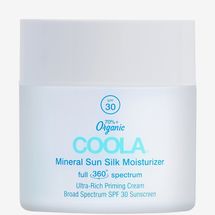
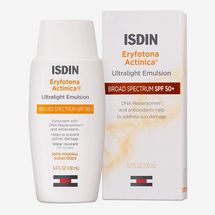
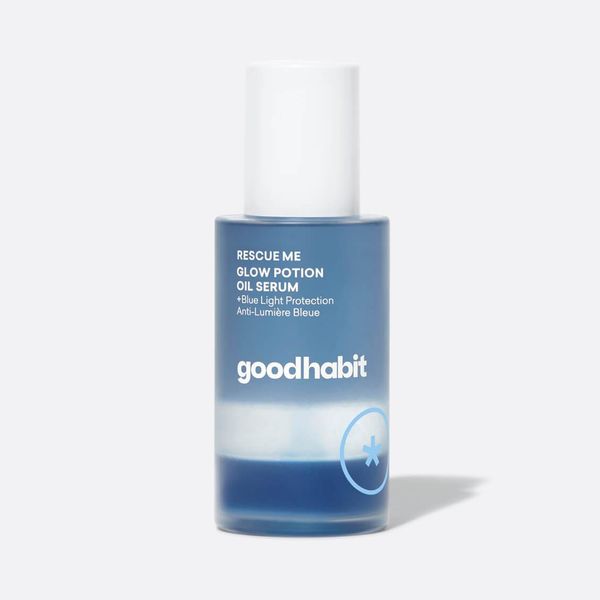
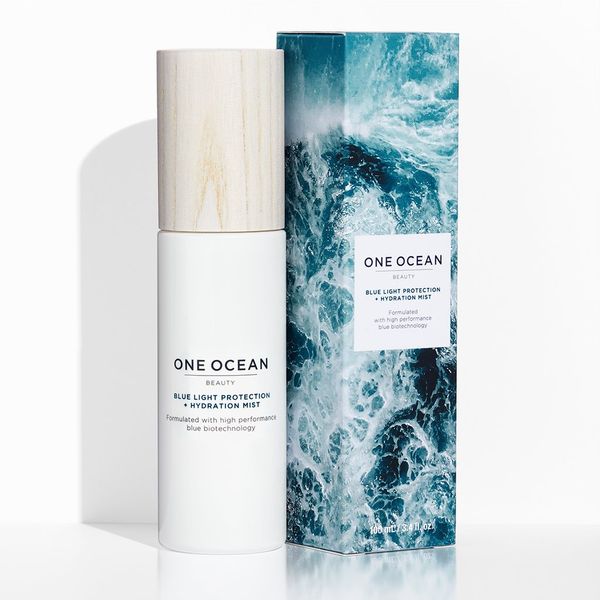
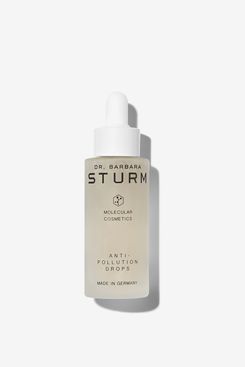
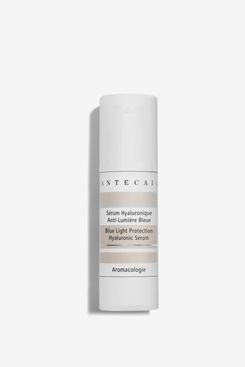
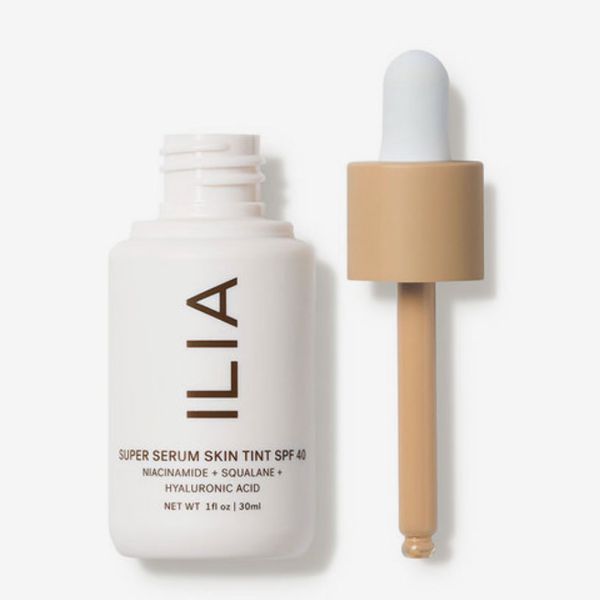
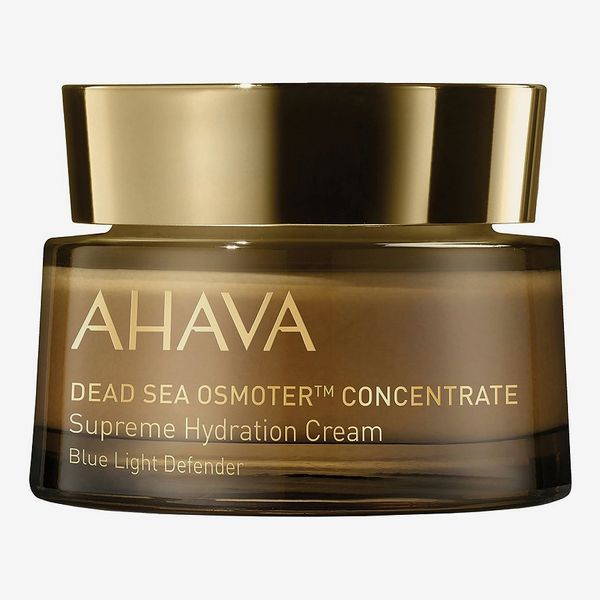

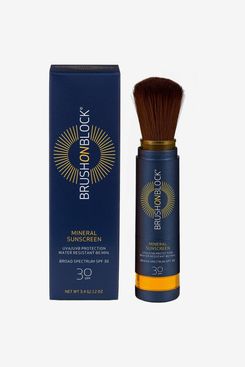
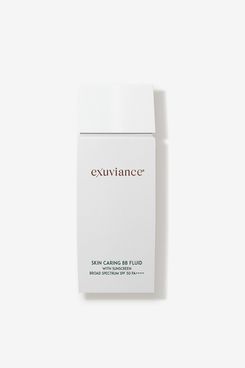
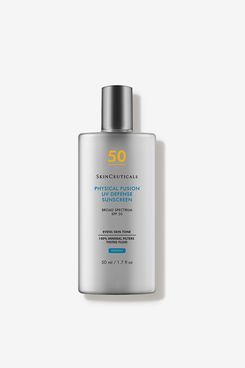















0 Response to "Does Blue-Light Skin Care Work? 2020 | The Strategist - New York Magazine"
Post a Comment